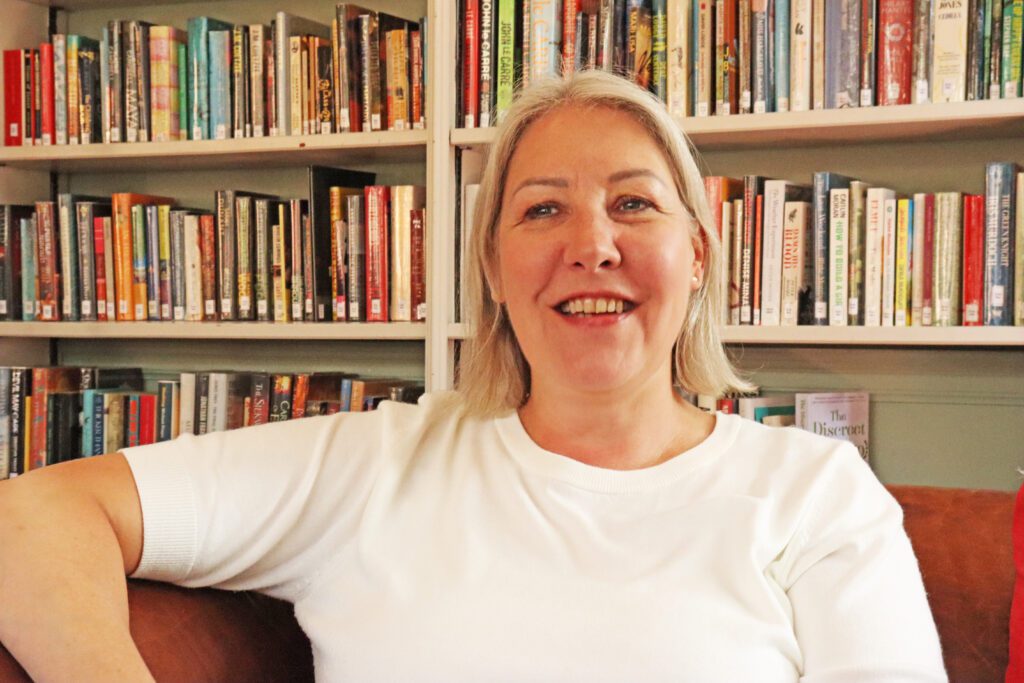On my first day at Gladstone’s Library, my agent phoned to discuss the novel I’m currently writing.
I emailed the latest draft to her six weeks ago, punching the air as it flew from my laptop into the ether. I knew it wasn’t perfect, but I’d spent weeks improving and developing it, and I was relieved to reach the end.
Except it’s never the end. Just a temporary triumph of hope over expectation.
Once your first book is published, people assume you’ll find it easier to write a second. Nothing could be further from the truth.
I can’t complain about what my agent said. I’d asked her to be brutally honest after all. She felt I’d frontloaded the book with flashbacks and world-building, so that the reader was left impatient for things to get going. Then she questioned if the big plot event I’d worked up to was really the way to go. My heart sank.
But the thing about a good agent is that they have your best interests at heart. If you want someone to tell you that your latest piece of work is fantastic, it’s probably better to show it to your best friend or your mum!
One of the hardest things about getting honest, substantive feedback on your writing isn’t the detail of the criticism itself. It’s the realisation that, subconsciously at least, you already knew what needed changing, but managed to fool yourself into tinkering around the edges instead.
That’s how I came to bite the bullet and restructure my novel during my residency at Gladstone’s Library and I couldn’t have found a better place to do it. The calm of the Reading Rooms, full of other people quietly beavering away, was the change of scene I needed. I felt able to challenge myself, confident I could focus away from the everyday distractions of home.
The book I’m writing – working title, The Cheap Seats – is set in Glasgow in 1920. It centres on a young woman widowed in WW1, who reluctantly takes a job as a bookkeeper in a backcourt cinema to provide for herself and her young son. There she meets a cast of characters that challenge her narrow view of the world.
The first thing I did was to strip out anything that read like research-dumping or plot-avoidance. I put all that material into a new document so that I could trick myself into believing I might reuse some of it. The second was to change the nature of a crime at the heart of the story. This was harder, it meant completely losing some scenes I was really proud of that didn’t fit with the new plot.
So by the time I come to leave Gladstone’s Library, here I am with a shiny, if slim, new draft. There’s still a lot of work to do. I need to put meat on the bones of this restructured story and figure out how to pull the ending together in a satisfactory way. But I feel hugely optimistic as I get ready to go home.
